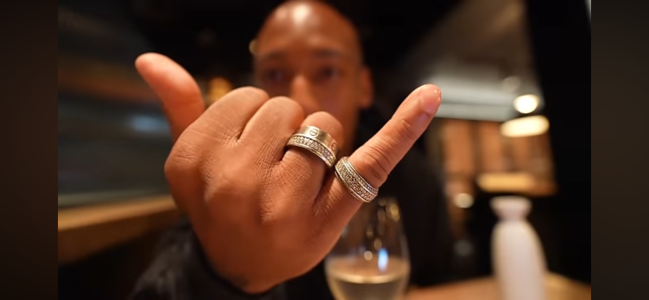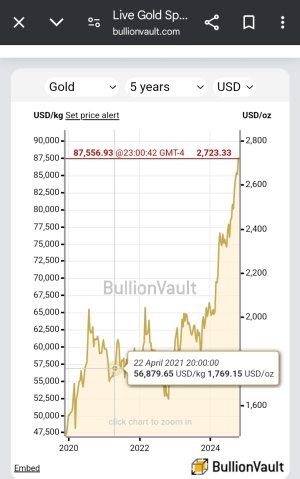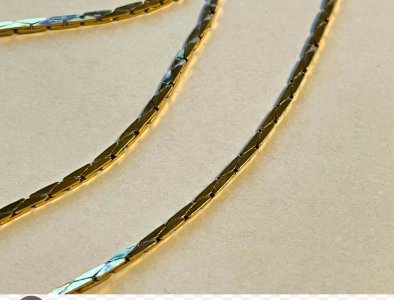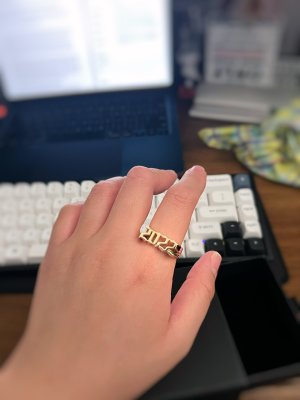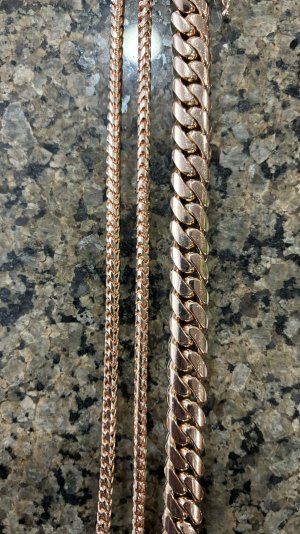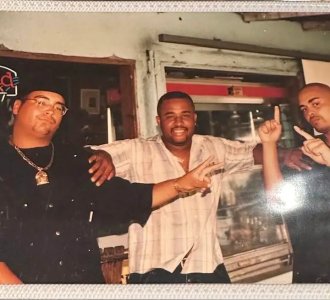Your money is most likely going down that hole either way.
" economic studies have demonstrated over and over that houses (1) cost more than most people make when they sell and (2) rarely match the long-term returns of stocks or other investments."
http://finance.yahoo.com/news/pf_article_102603.html
" Unless you need the security blanket of owning your home, it is nearly always a better financial move from an investing standpoint to rent rather than buy."
http://business.financialpost.com/2012/09/14/why-its-better-to-rent-than-buy/
"Q: But it's certainly better to buy a house than to pay rent.
A: That depends on when you buy, and how long you own. Buy at the wrong time -- like during the kind of buying frenzy that much of the country has just experienced -- and you could well end up wishing you had rented instead.
Boom market or bust, home buying has so many extra costs -- from upfront "points" paid to a lender to title insurance and appraisal fees -- that over the first five to seven years, a renter who invests the equivalent of a down payment in stocks could easily do better overall than a house buyer. Compounding that problem: Most homeowners move within seven years.
As the ownership timeline stretches out to 15, 20 or 30 years, however, the buyer will almost certainly do better than the renter, especially given the tax benefits of paying mortgage interest over traditional rent and the big rebate when the owner finally sells.
But the typical buy vs. rent argument clouds the more important point: A house is an inefficient way of building wealth."
That's all I am really saying. If you wanna' buy a house, then buy it, but don't act like it is some sort of investment or that you are doing better or investing more wisely than someone who rents.
"Q: But I have to live somewhere! And I have to pay something for a place to live. Certainly it's better to pay "deductible" mortgage interest than rent.
A: Buying a house with a long-term mortgage is just another form of renting.
Mortgage interest is rent that you pay to your lender for the use of its money rather than to a landlord for the use of his house. Yes, the government picks up a portion of that with the tax deduction, but most of your monthly payment neither builds equity nor is deductible. It just goes down the same black hole that sucks up any other renter's money. And it takes 20 years before a typical borrower pays more principal each month than interest.
"I have to pay something" is a rationale that home buyers use for going deeply in debt and paying tens or hundreds of thousands of dollars in interest to buy a house that, they mistakenly believe, will make a big profit for them down the line."
"Q: That's still money that I wouldn't see otherwise. Even getting just some of my money back is better than getting none.
A: But there's another kicker. You haven't gotten any money back yet. All you have is a house that's 30 years older than when you moved in. In order to realize your windfall, you'll have to borrow against it or sell it.
If you borrow against a house you've paid off, then you will start mortgage payments all over again.
If you sell it, what are you going to do with that big check in your pocket after you've walked around for a couple of hours feeling richer than you've ever been? You'll probably spend most of it in just a day or so buying another house."



 he kept denying it on twitter
he kept denying it on twitter






